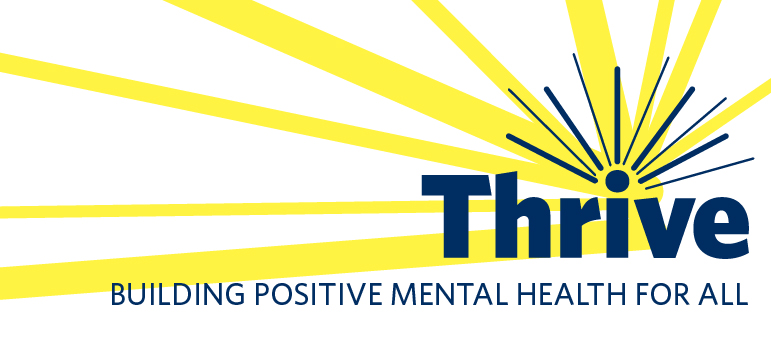
Twenty per cent of British Columbians will experience significant mental health difficulties at some time in their lives. On university campuses across the continent, mental health issues are particularly prevalent due to increasingly demanding course loads and competitive environments.
Thrive Week, a week-long series of events related to building positive mental health for staff, students, and faculty at UBC, is taking place from October 30 to November 3. According to the Public Health Agency of Canada, mental health is “the capacity of each and all of us to feel, think, and act in ways that enhance our ability to enjoy life and deal with the challenges we face.”
Dr. Michael Krausz, CHÉOS Scientist and Professor in the UBC Department of Psychiatry, conducts research in student mental health and e-mental health care, among other areas of interest.

“Severe anxiety has become more or less normal in the North American post-secondary educational system,” said Dr. Krausz. “This has led to a high level of suicidal ideation in the student population.”
Stress and a lack of resilience and resources to deal with the demands of school are to blame, he added.
“This is why opportunities like Thrive are so important — to discuss these issues, to raise awareness, to get the word out about available resources, and to identify mental health needs in a positive way.”
“What we know is that nearly all mental illness, including substance use, are having their onset in the late adolescence, and early adulthood,” quoted a September interview with Dr. Krausz published in the Fulcrum, the University of Ottawa student newspaper. Dr. Krausz went on to discuss the importance of recognizing, but avoiding stigmatization, of substance use in students.
He is also involved with expanding access to online mental health services directed at young people.
“It’s not enough to manage crisis; it’s important to develop a continuum of mental health care which goes beyond that,” said Dr. Krausz “We need to communicate in a way that is more appropriate for young people, using social media and web-based frameworks to deal with stress and develop resiliency.”
Although not directly related to Thrive Week, Dr. Krausz recently headed the development of WalkAlong.ca, a youth-centred online platform that provides education resources, assessment tools, and a place to share experiences. Read more about this e-mental health intervention in a previous story on our website.
“In general, there is a need across Canada to broaden the framework to improve access to advice and e-mental health services.”
For more about Thrive Week and about available events and resources, visit thrive.ubc.ca.



